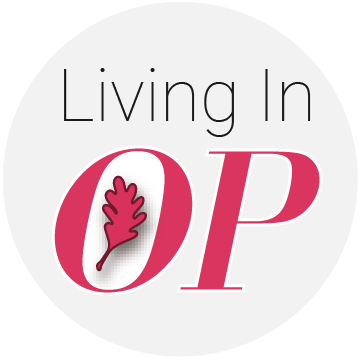Small businesses have taken the brunt of the global health crisis. Here in Oakland Park, business owners had to make many adjustments in order to weather these tough times. These include: furloughing workers, establishing an online presence, and investing in safety and hygiene practices. Failing to adapt to the changes brought upon by the pandemic has forced many businesses to go under.
However, not all business owners were discouraged by the COVID-19 pandemic. Indeed, the New York Times notes that new businesses continue to open despite the pandemic — although at a slower pace. Small business owners are keen on launching new business ventures during these times of crisis because there is less competition for resources.
With that said, we’ve put together a list of the top considerations when starting a small business in Florida.

#1 - Conduct Market Analysis
An integral part of any robust business plan is an extensive market analysis. In order to ensure the success of your small business, you should first have an insight on customer segments, buying patterns, competition and economic environment.
Doing so allows you to define your target demographic with the utmost precision, as well as give you an idea of the best ways to infiltrate the market. Business News Daily’s guide to conducting a market analysis notes that you’ll know that your market analysis is successful if it’s able to answer questions such as: “What are my customers’ buying habits?” and “What are my competitors’ strengths and weaknesses?”

#2 - Determine the Right Business Structure
Your business structure will affect the safety of your personal assets, dictate how your business is taxed, and have huge implications on the financial success of your organization. So, it’s important that you figure out which business structure will work best for you before launching your new venture. There are four main business structures, namely: sole proprietorship, Limited Liability Company (LLC), S Corp, and C Corp — all of which have their own pros and cons.
Starting as a sole proprietorship is popular among new business owners, as forming this does not require a ton of documents and is easy to maintain. On the other hand, S Corps and C Corps are catered to organizations who want a more formal structure and have a lot of members or shareholders. LLCs often prove to be the best option for small businesses, as this can help protect your personal assets by limiting your liability in the event that your venture runs into legal problems. What’s more, ZenBusiness’ guide to forming an LLC in Florida points out that LLCs can also avoid double taxation. Plus, they require significantly fewer reports and meetings — making them relatively easy to maintain too. Ultimately, your business structure should be able to address your needs, so be sure to decide carefully before finalizing your documents.
#3 - Figure Out Your Tax and Licensing Obligations
Your tax, license, and permit requirements vary in complexity depending on the nature of your business. Most Florida counties need businesses to have a general Florida business license, so be sure to have that down right away. Additionally, different industries have their own licensing requirements, so do your due diligence and ensure that your business is able to comply. You can also pay your local government office a visit to determine the federal and state taxes that you need to file and fulfill.
# 4 - Open a Business Bank Account
In order to further protect your business assets, you should strongly consider creating a dedicated business banking and credit account. This is because if you hold your business finances under your personal bank account, you’re putting your personal assets at risk if your business is sued.
Aside from opening a business bank account, you should also consider getting a business credit card, as well as building your business’ credit score, because these improve your chances of getting your loans approved by lenders.

#5 - Find Ways to Finance Your Business
Starting a business doesn’t come cheap. If you don’t have the funds to finance your business, there are several funding options out there that can help you get your business off the ground. Some examples of these are: microloans, trade credit, angel investors, and crowdfunding. Of course, each funding option has its own caveats, so be sure to do your research first before settling on one.
There are certain organizations in Florida that can assist you with funding your small business. For one, there’s the Florida Small Business Development Corp, which provides free financial advice and affordable workshops to help you discover various viable financing options for your business. Furthermore, you can also try to connect with the Florida Finance Network to gain access to financing and loan programs to help you meet the needs of your organization.

Building any kind of business from scratch is always an overwhelming feat, but it can be done successfully and efficiently. In order to ensure the success of your business venture, there are indeed many considerations and decisions to be made. But with patience, perseverance, and hard work, we’re certain that your small business will eventually find success.
Looking for ways to support local businesses? Check out our article ‘How to Support Small Businesses in Oakland Park During COVID-19 Quarantine’.



















